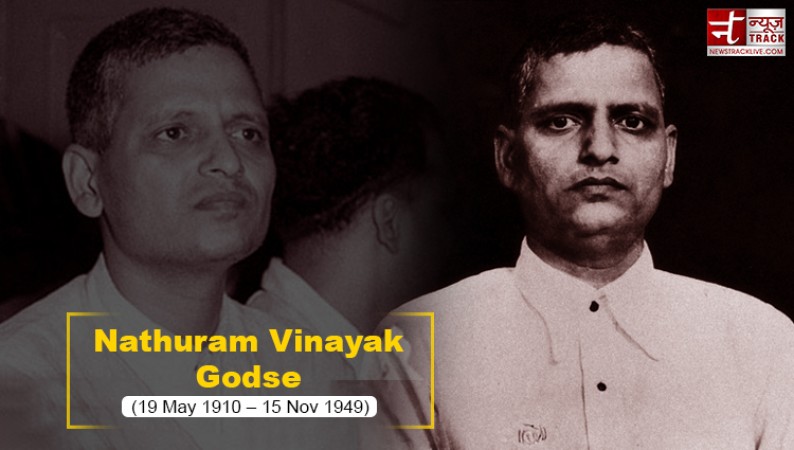
Nathuram Vinayak Godse's hanging took place on November 15, 1949. Mohandas Karamchand Gandhi (Mahatma Gandhi) was assassinated on the evening of January 30, 1948, when he went to the then-Birla House for a prayer meeting in the nation's capital. Nathuram Vinayak Godse was a nationalist man.
Godse's had killed Gandhi by firing three or four bullets at point-blank range from extremely close range into his chest. Nathuram Godse decided against leaving the area. He was eventually detained, prosecuted, and given a death sentence.
Nathuram Godse assassinated Mahatma Gandhi on January 30, 1948, and then he surrendered himself in to the concerned authorities. He presented a thorough statement at his 1948 Red Fort trial. The Bombay High Court removed its prohibition on the publication of Godse's statement in 1968.
Also, the 38-year-old belonged to the right-wing organisation Hindu Mahasabha. Gandhi had been charged with betraying Hindus by siding with Pakistan's government and being very pro-Muslim. They also accused him of being responsible for the bloodshed that accompanied the partition of India and Pakistan following their independence from Britain in 1947. Godse was born in Baramati, Pune, to a Konkani Brahmin family (Maharashtra). He opted to join the Hindu Mahasabha and the Rashtriya Swayamsevak Sangh (RSS), the ideological cradle of India's current Bharatiya Janata Party, because he was really moved by nationalist principles (BJP).
Godse joined the RSS as a low-level employee and eventually rose to become the editor of the Marathi monthly Agrani- Hindu Rashtra, which had received investment from Hindu Mahasabha leader Vinayak Damodar Savarkar. After a dispute with MS Gowalkar, the head of the RSS, Godse established a different Hindu nationalist group named the "Hindu Rashtra Dal."
Before joining the Mahasabha, where he served as editor of its publication, Godse, a shy high school dropout, worked as a tailor and sold fruit. He read a 150-paragraph statement in court during the course of the trial, which took him more than five hours.
Godse made it plain in his statement after being given the death penalty on November 8, 1949, that he disapproved of Gandhi's support for the Muslim minority and blamed him for both India's split and the creation of Pakistan. Regarding assassinating Gandhi, Godse expressed his opinion that "Indian politics in the absence of Gandhi would undoubtedly prove to be practical, capable of retaliation, and would be powerful with armed forces." Without a doubt, my own future would be completely destroyed, but Pakistani infiltration would be prevented.
Congress and the Making of the Indian Nation, a commemorative book that the Indian National Congress (INC) released in 2010 to honour the 125th anniversary of the party's founding, highlighted Godse's connections to the Hindu Mahasabha and the RSS in relation to Gandhi's assassination. Through a representative named Ram Madhav, who asserted that Godse left RSS in the middle of the 1930s, RSS vehemently objected to this. However, Nathuram Godse's family continues to insist that he never left the RSS.